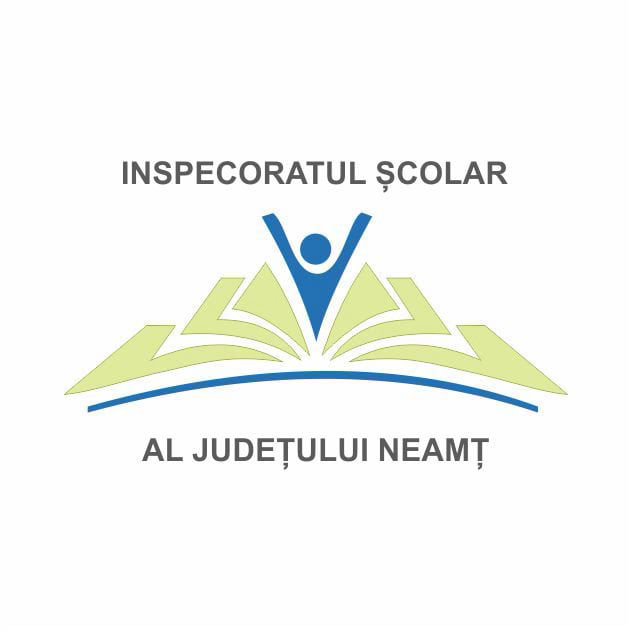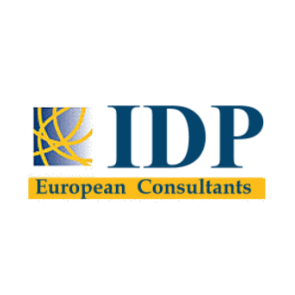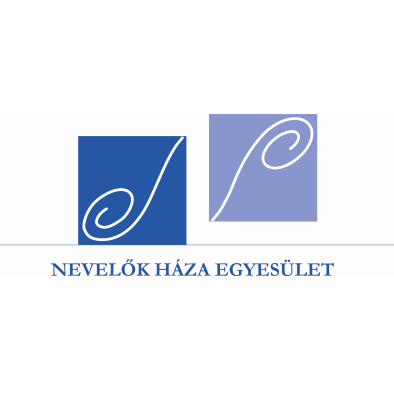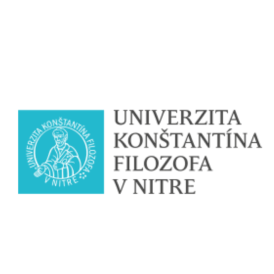LEAP Partners
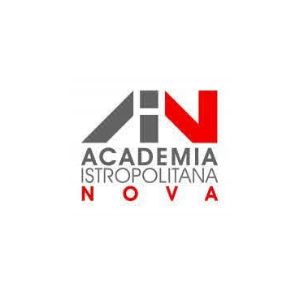
ACADEMIA ISTROPOLITANA NOVA
Slovakia
AINova is an institution of lifelong learning, specifically adult learning. It was established in 1996 with the status of a non-governmental non-profit organisation, legal form of civic association.
AINova provides competence and institutional development services and policy advice in the fields of European affairs as well as regional and local development. The institution
promotes European cooperation whilst preserving the local culture, identity and heritage.
AINova offers specialised training courses and consultancy, and takes part in applied research projects. The institution organises both short-term and long-term educational activities
for participants from public and private sectors, and groups of professionals. Since its establishment, AINova has fostered an international dimension through networking in
international projects (LLP-Grundtvig, Leonardo da Vinci, Comenius, Erasmus+), by development of cross-border cooperation (Ukraine, Austria) and by offering experience and
expertise abroad (Moldova, Balkan countries, mainly through the Slovak Development Aid projects).
Website
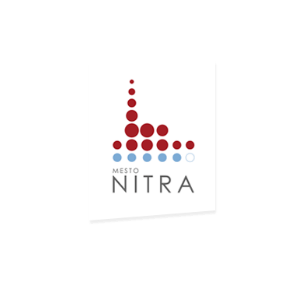
MESTO NITRA
Slovakia
Nitra is one of the oldest towns in Slovakia, which originated on seven hills. It can be said to be a paradise for archaeologists. In addition to its rich history, Nitra is also known as a
center of agriculture or a city of young people, as it houses two universities, namely the University of Constantine the Philosopher and the Slovak University of Agriculture.The territory
of Nitra has been inhabited for almost thirty thousand years. Prince Pribina resided in Nitra, who had the first Christian church in Slovakia built and consecrated. King Rastislav invited
the Thessaloniki brothers Constantine and Methodius to spread the Christian faith in their native language among our ancestors. Constantine is also grateful for the first Slavic script -
Glagolitic.
Website
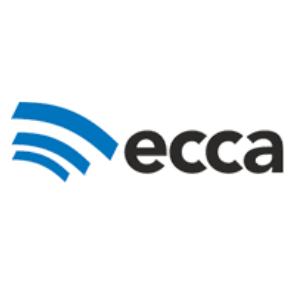
Radio ECCA, Fundación Canaria
Spain
Radio ECCA, Canarian Foundation is a distance Adult Education center funded in the Canary Islands in 1965 and with national presence in 7 regions of Spain (Canary Islands, Andalusia, Extremadura, Galicia, Madrid, Murcia and Alicante). Moreover, Radio ECCA has a great experience in Adult Education in remote areas of Senegal, Cabo Verde, Guinea Bissau and Mauritania.
It has developed distance learning programs for adults (formal and non-formal) for more than 55 years using technology (radio or ICT), reaching a variety of collectives such as families at risk, women, unemployed, entrepreneurs, people with reduced capacity or mobility, migrants/refugees, youth, also in rural areas, etc.
Its own training system, the ECCA System, combines teaching materials with audio classes and tutorial actions that are synchronized to provide a comprehensive learning process.
Website

